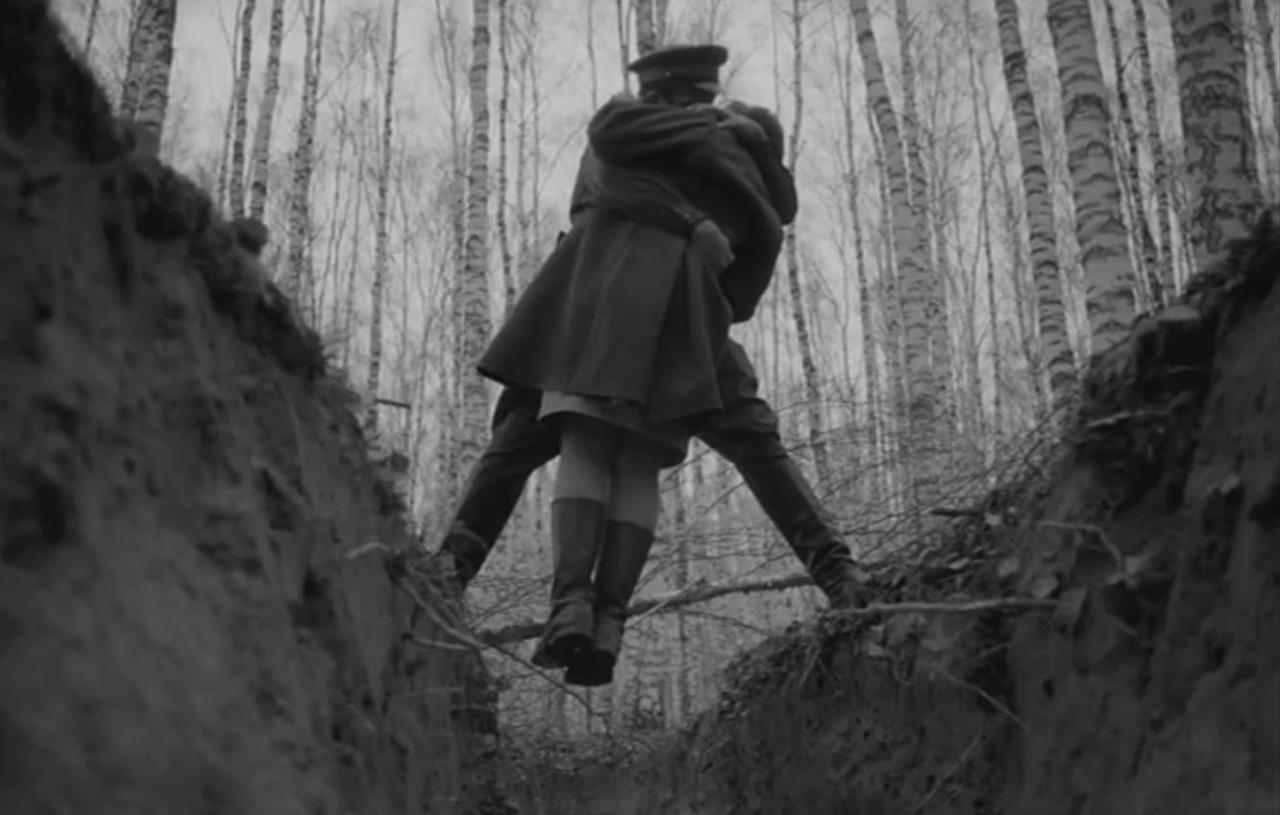Director: Sam Mendes
When you ask someone how a Bond movie was, they usually tell you by comparing it to other Bond movies. I personally can't do that because I'm not much of a Bond fan. I've seen my fair share of Bond movies, but I had yet to find any of them, besides Casino Royale, to be anything more than occasionally entertaining heterosexual male fantasies. But I did have somewhat high expectations coming into Skyfall due to Sam Mendes' involvement. It's probably safe to say that he has been the most high-profile (and probably talented) filmmaker to direct a Bond film yet, and so unsurprisingly Mendes delivered the goods, but not by being Mendes, but instead by taking a page out of the Christopher Nolan textbook. Mendes pulls a Nolan by giving us a spectacle-filled blockbuster with a resourceful and strong, but flawed, main character with a plot that is relevant to our world. While Nolan doing it first takes away some of the "unique" factor from Skyfall, Mendes made a movie almost as good as The Dark Knight and that in and of itself is impressive. Not to mention the fact that the cinematography by the legendary Roger Deakins is even better than anything Wally Pfister has shot in a Nolan movie (the Hong Kong skyscraper scene and the final scene with the burning house were especially shot beautifully).
Even Javier Bardem's extremely entertaining villain character seems modeled after the Joker, though I felt Bardem's character didn't quite connect with the rest of the movie as well thematically, he's a great character but one who seemed to be on the sidelines. But the film still succeeds. This could have been just a bland superhero movie, which is what Bond movies often times are, but in this film we see a vulnerable James Bond who is fighting the threat of old age. He struggles, his confidence is pushed to the limit, and his own personal history is brought into the equation. The main theme of the film, aging and fading relevance, is wonderfully woven in to not only reflect Bond the character, but also Bond the franchise. In the film M is asked the question as to why people like Bond are still relevant, and by the end of the movie we have a good answer to that question. But that doesn't just apply in the story, it's also a question about the Bond series itself, and ironically that self-questioning about why this series still exists is exactly why this particular film serves as a reminder as to why these movies can be worthwhile.
Grade: B











